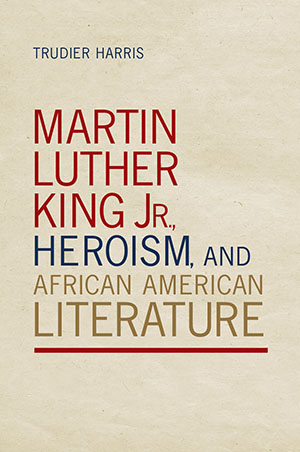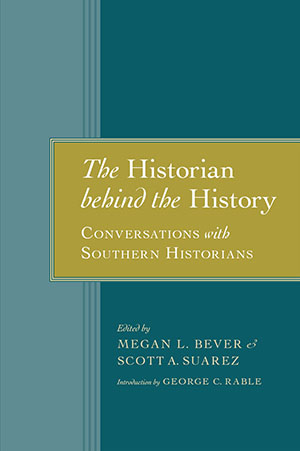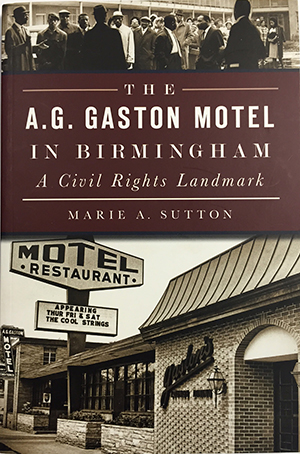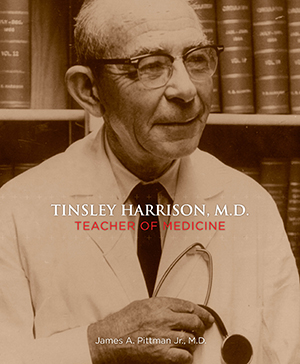Each month, we offer a summary of recent books about Alabama people, people with Alabama ties, and/or written by Alabama authors. Let us know about any books you’ve read recently that meet those criteria by emailing us at [email protected].
[hr]
Tinsley Harrison, M.D.: Teacher of Medicine, by James A. Pittman Jr., M.D.; NewSouth Books, January 2015; $45
Tinsley Harrison – a physician, teacher, researcher and writer – is one of the most important medical figures of the 20th century. He edited the first five editions of Harrison’s Principles of Internal Medicine, considered an essential medical text; he also served as the dean of three different medical schools, including the University of Alabama at Birmingham. Author Pittman studied with Harrison and spent six years interviewing him at the end of his life.
[hr]
 Martin Luther King Jr., Heroism and African-American Literature, by Trudier Harris; University of Alabama Press, November 2014; $49.95
Martin Luther King Jr., Heroism and African-American Literature, by Trudier Harris; University of Alabama Press, November 2014; $49.95
This book is a study of how the character and persona of King, one of the most revered figures in American history, is captured and reflected in works of African-American literature. King has been one of the strongest influences upon the creative world of generations of writers of varying political and social persuasions.
[hr]
 The Historian Behind the History: Conversations with Southern Historians, edited by Megan L. Bever and Scott A. Suarez; University of Alabama Press, December 2014; $49.95
The Historian Behind the History: Conversations with Southern Historians, edited by Megan L. Bever and Scott A. Suarez; University of Alabama Press, December 2014; $49.95
This collection of interviews with leading Southern historians, conducted over the course of a decade, will be of interest primarily to graduate students and professors. But the themes covered in the interviews – antebellum and African-American history, Reconstruction, civil rights, the Depression, the New Deal and Jim Crow culture, among them – may interest an audience beyond academia.
[hr]
 The A.G. Gaston Motel in Birmingham: A Civil Rights Landmark, by Marie A. Sutton; The History Press, November 2014; $19.99
The A.G. Gaston Motel in Birmingham: A Civil Rights Landmark, by Marie A. Sutton; The History Press, November 2014; $19.99
Traveling in the South in the 1950s could be difficult for African-Americans, as many hotels and restaurants didn’t open their door to minorities. But in Birmingham, black entrepreneur A.G. Gaston created a first-class motel and lounge that became a symbol of pride for the community. This book chronicles its history as a headquarters for the civil rights movement and a place of rest for famous entertainers and activists.





